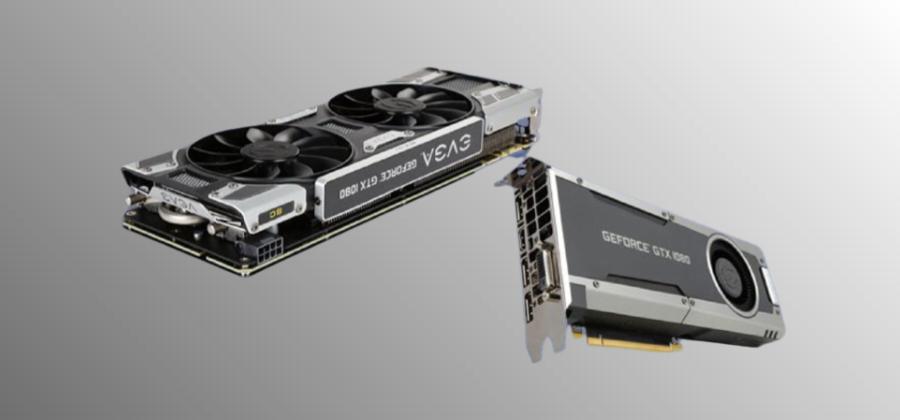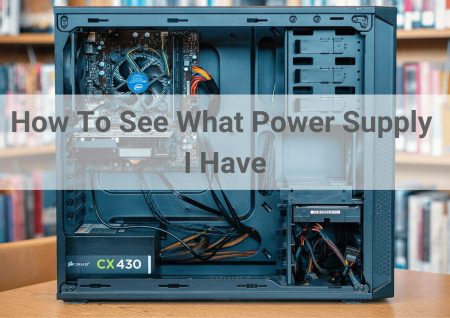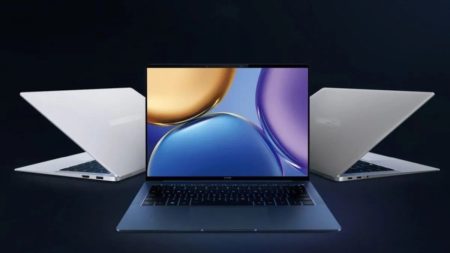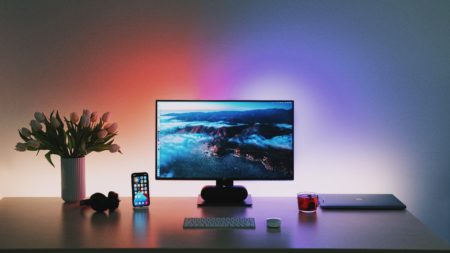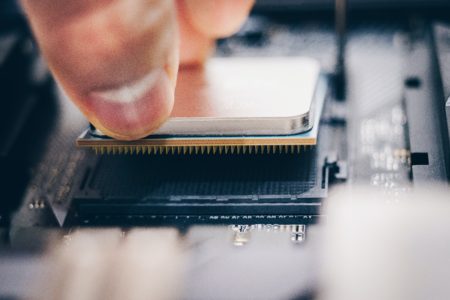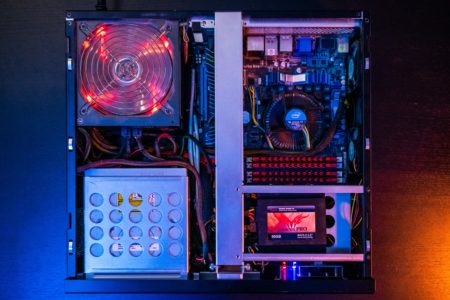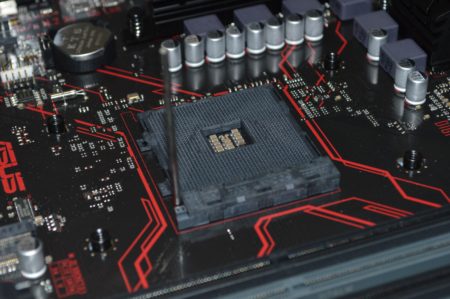PC, or personal computer, is a term used to describe a desktop computer designed for individual use. These machines typically include a monitor, keyboard, mouse, and tower or desktop unit that contains the computer’s components, such as the motherboard, processor, memory, storage, and graphics card. PCs are used for various purposes, from everyday tasks like email, web browsing, and word processing, to more demanding gaming, video editing, and programming.
While PCs have been around for several decades, the technology continues to advance rapidly. Today’s PCs are more powerful, efficient, and versatile, with features like multi-core processors, solid-state drives, and high-end graphics cards that can support 4K video and virtual reality applications. A well-designed PC can provide an excellent platform for productivity, entertainment, and creative expression, whether for work or play.
With all this, PC also generate heat as a by-product of its processing. The heat is produced by the computer’s components, including the CPU, graphics card, and power supply, as they consume electricity and perform their respective tasks. As these components generate heat, it can cause the temperature inside the PC to rise, leading to performance issues, instability, and in some cases, damage to the components.

One of the primary reasons why heat concerns PC users is that excessive heat can cause the components to operate less efficiently or even fail prematurely. For example, if a CPU becomes too hot, it may automatically throttle its performance to prevent damage, which can result in slower system performance. Similarly, if a graphics card becomes too hot, it may also reduce its clock speed or cause the system to crash or freeze.
To manage the heat generated by a PC, it’s important to ensure adequate cooling. Most modern PCs use a combination of fans and heat sinks to dissipate heat and maintain optimal operating temperatures. This article will also discuss some important ways to cool your PC.
Negative effects of Overheating
Overheating can have a range of negative effects on a PC, ranging from reduced performance and stability to permanent damage to the components. Some of the most common effects of overheating include:
Reduced Performance: When a PC overheats, the components may automatically throttle their performance to prevent damage. This can result in slower system performance, longer load times, and other performance issues.
Crashes and Freezes: Overheating can cause a PC to crash or freeze unexpectedly, resulting in data loss and other issues.
Damage to Components: Overheating can cause permanent damage to the components inside a PC. For example, a CPU that overheats may sustain damage to the die or thermal paste, resulting in reduced performance or even failure over time.
Reduced Lifespan: Components that operate at higher temperatures may experience a reduced lifespan due to increased wear and tear. Over time, this can lead to costly repairs or replacements.
Fire Hazard: Overheating can pose a fire hazard in extreme cases, particularly if the PC is left unattended or placed near flammable materials.
Ways to cool your PC
Knowing these issues, we must implement the following ways to cool our PC if it is overheating. Following are some ways to cool your PC:
Clean Your Computer Regularly
One of the primary causes of overheating is a buildup of dust and debris inside your computer. Over time, this buildup can clog the fans and heat sinks, preventing them from functioning properly. To prevent this, it’s important to clean your computer regularly. Compressed air can blow out any dust and debris from the fans and heat sinks. It would help if you also considered using a vacuum cleaner to remove any excess dust from your PC’s case.
Ensure Proper Airflow
Proper airflow is essential to keep your computer cool. Your computer’s fans are designed to draw cool air into the case and expel hot air out the back or side. If there are obstructions in this airflow, it can cause your PC to overheat. Ensure your computer is not placed in an enclosed space or against a wall to ensure proper airflow. It would help if you considered installing additional fans or upgrading to a larger case to improve ventilation.
Check Your Hardware
Faulty hardware can also cause your computer to overheat. For example, if your CPU fan is not working correctly, it can cause your processor to overheat. To check your hardware, you can use diagnostic software to monitor your system’s temperature and fan speed. If you notice any abnormal readings, it may be a sign that your hardware needs to be replaced.
Use Thermal Paste
Thermal paste improves the heat transfer between your CPU and its heat sink. Over time, the thermal paste can dry out or become less effective, which can cause your CPU to overheat. To prevent this, consider replacing the thermal paste every two to three years. You can also use the high-quality thermal paste to improve your CPU’s cooling performance.
Adjust Your Power Settings
Your PC’s power settings can also impact its temperature. If your computer is set to high-performance mode, it will consume more power and generate more heat. To keep your PC cool, consider adjusting your power settings to a more balanced or power-saving mode. It would help if you also considered closing any unnecessary programs or processes to reduce the workload on your CPU.
Upgrade Your Hardware
If you’ve tried all the above steps and your computer is still overheating, it may be time to upgrade your hardware. Upgrading your CPU cooler or case fans can significantly improve your computer’s cooling performance. Consider adding more RAM to reduce the workload on your CPU and improve overall system performance.
Monitor CPU and GPU Temperatures
Your CPU and GPU are most likely to overheat in your PC, so monitoring their temperatures is important. You can use software tools such as CPU-Z or HWMonitor to monitor your CPU and GPU temperatures in real time. If you notice that your CPU or GPU is consistently running at a high temperature, it may be time to take action to cool it down.
Undervolt Your CPU
Undervolting is a technique that can be used to reduce the power consumption of your CPU, which in turn can reduce its temperature. By decreasing the voltage supplied to the CPU, you can reduce the heat generated while still maintaining performance. Undervolting can be done using software tools such as ThrottleStop or Intel XTU, but it requires a bit of technical know-how and careful tweaking to avoid stability issues.
Install Liquid Cooling
If you want the ultimate cooling performance, you may be stalling liquid cooling on your PC. Liquid cooling uses a closed-loop system of tubes, pumps, and radiators to cool your CPU and GPU more effectively than traditional air cooling. While liquid cooling can be expensive and requires more maintenance than air cooling, it can provide significantly better cooling performance. It can be a good option for high-end gaming or workstation PCs.
Improve Your Case’s Cable Management
Improving the cable management in your PC case can help improve airflow and cooling performance. By organizing your cables and ensuring that they don’t block the path of your fans, you can help ensure that cool air can flow freely through your case. Use cable ties or other cable management tools to keep your cables neat.
Replace Your Thermal Paste
As mentioned, the thermal paste can dry out or become less effective over time, reducing its cooling performance. If you’ve never replaced your thermal paste or it’s been a few years since you last did so, it’s worth considering replacing it with a high-quality one. This can help improve the heat transfer between your CPU and its heat sink and can lead to lower temperatures.
Following these tips can help keep your PC cool and prevent it from overheating. From monitoring temperatures and undervolting your CPU to installing liquid cooling and improving your cable management, there are many ways to improve your PC’s cooling performance.
Conclusion
In conclusion, keeping your PC cool is important for anyone using a computer. Excessive heat can cause various negative effects, including reduced performance, stability issues, and even permanent damage to the components. To keep your PC cool and operating optimally, there are several steps you can take. We have already mentioned some of the ways in our article. But the list continues.
There are a range of strategies you can use to keep your PC cool and operating optimally. By taking steps to manage heat generation, optimize power settings, and keep your system clean and well-maintained, you can help ensure your PC’s longevity and stability and enjoy reliable and efficient performance for years to come. Making sure your PC is not overheating is very important because it can slow down your PC and decrease the component’s life.

